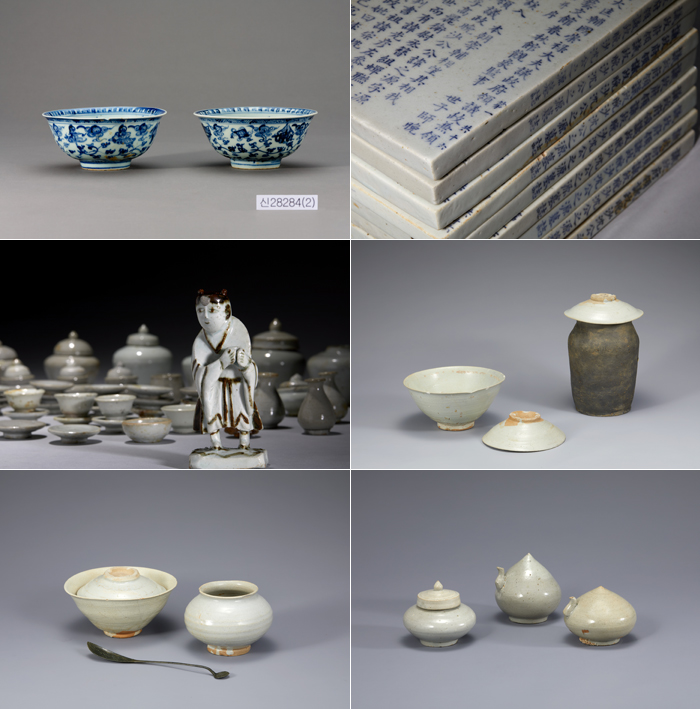서브메뉴
본문내용
- Duration : April 25 (Thursday) – August 18 (Sunday), 2019
- Place : Special Exhibition Gallery, 1stfloor, GyeonggiCeramicMuseum
- About 280 artifacts are displayed.
The special exhibition for 2019 Joseon White Porcelain: Telling Stories about Life and the Afterlife has been arranged to shed light on the lives of Korean people during the Joseon period. It looks at the common practice of interring white porcelain in a tomb with the deceased during the first half and the second half of the Joseon period. The exhibition addresses the life and death of Joseon people through white porcelain funerary objects unique to Joseon, including those from the early Joseon period when vessels used by the deceased in his or her lifetime were buried with the corpse according to Buddhist belief as well as those from the late Joseon period when miniatures of white porcelain were buried according to Confucian ideas.
The exhibition consists of two sections: Living Peaceful Everyday Life and Longing for the Afterlife.
About 280 white porcelain artifacts that the Gyeonggi Ceramic Museum team excavated from tombs in Gyeonggi-do since 2000 are presented. In particular, rare funeral objects of a kind that have hardly been found in tombs of the literati families, such as white porcelain produced at the royal kilns of the Joseon dynasty and blue and white porcelain produced in China, invite the viewers to ponder life in the Joseon period. Exhibits include white porcelain from the tombs of the literati; a buncheong bottle with stamped pattern from the tomb of Princess Gyeongsin, the eldest daughter of King Taejo, founder of the Joseon dynasty; and the epitaph tablet of Queen Consort Yeongbin Yi composed by King Yeongjo. These pieces tell us a great deal about the practice of burying objects in a tomb of the Joseon royal family.
There is also a program associated with the exhibition, My Story Through Ceramics. This program consists of two sections: Learning about the Purpose of Exhibited Objects and the Meaning of Burying Funeral Objects with the Corpse; and Making My Epitaph Tablet while Looking Back on My Life and Imagining Myself in the Future. The program runs from 2:00 pm to 3:30 pm every Sunday. Make reservation in advance to participate.
We hope that visitors indeed learn about the life, spirit, and culture of our Korean ancestors and Joseon white porcelain with a 500-year history that is still alive and well through this exhibition about life and death in old Joseon.














 Ceramic Tour
Ceramic Tour































